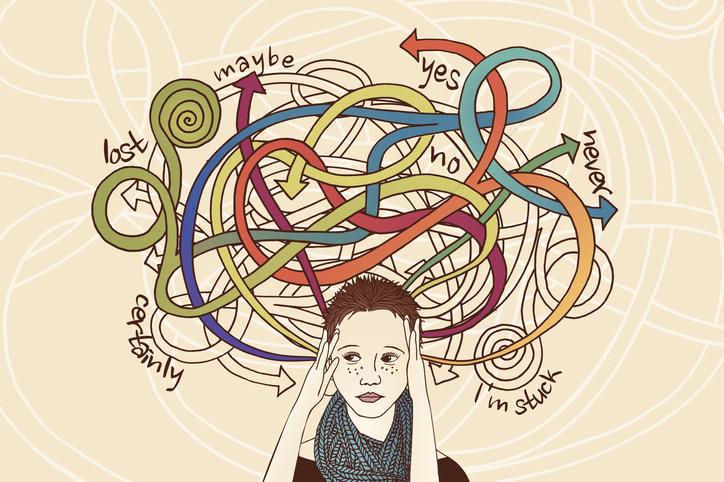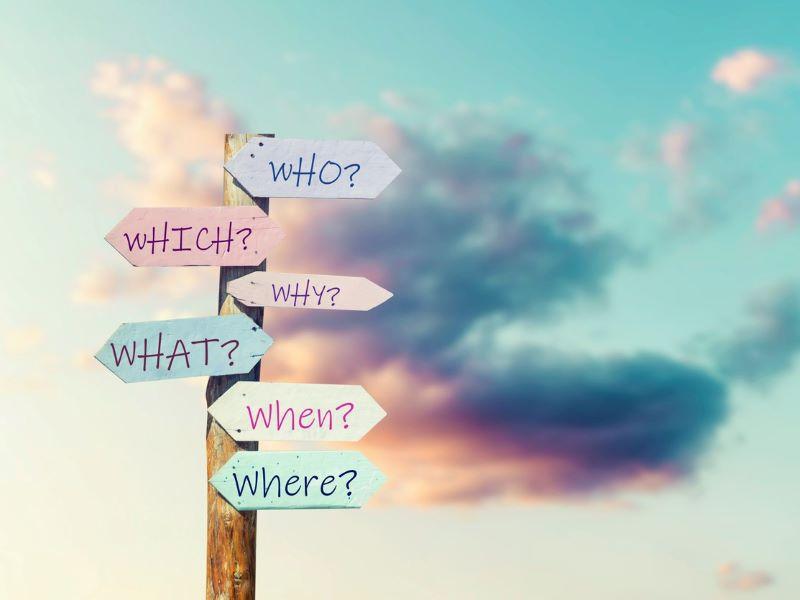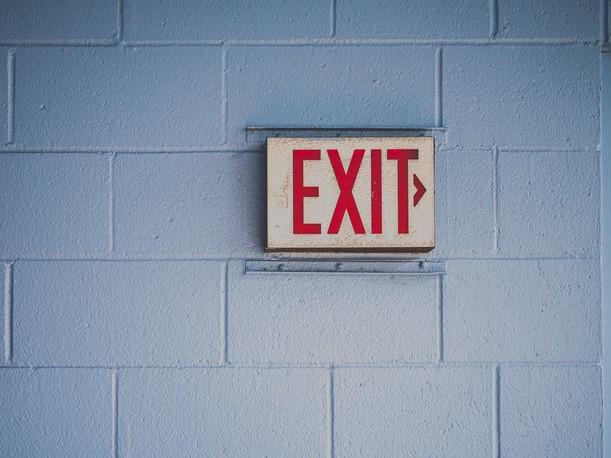
One thing at a time: tips for making decisions
You may also like
Almost every morning I face the same dilemmas: should I wake up my wife with a kiss or let her sleep longer? Should I get out of bed or press the snooze button? And that is even before I have had my first cup of coffee.
Daily life is rife with so-called trivial decisions. People often feel silly for overthinking low-stakes decisions, but research has shown that there are logical reasons for feeling this way. Understanding why you feel so stressed by smaller decisions can help you learn what to do about it.
This is as true for academics as for everyone else.
First, sometimes the sheer number of options overwhelms us because we find it difficult to compare and contrast. Economics scholars long championed the notion that it’s better to have more choices. But in 2000, US psychologists Sheena Iyengar and Mark Leeper challenged this idea. In one study, they set up a jam-testing table at a supermarket. Far more consumers bought a jam when they were given fewer options. Almost a third (30 per cent) of customers bought when the stall had six flavours, yet only 3 per cent of customers did so when there were 24.
Drawing on these findings, in The Paradox of Choice: Why More Is Less, US psychologist Barry Schwartz argues that an abundance of choices can cause people anxiety.
- Questions for thinking about your career vitality
- Mind matters: embedding socio-emotional learning in higher education curricula
- How to teach critical thinking to beginners
Academics, like people in general, often lack (or believe they lack) the expertise to properly assess their options (for example, when thinking about submitting a new grant application). If you have goals, a lack of certainty about how rigidly you want to stick to them is probably going to give you a headache. A vague goal to “start writing more” isn’t going to give you clarity when teaching and marking consume all your time and energy.
Some decisions we label trivial might have emotional high stakes. Deciding what to wear for a job interview, for instance, is probably not just about fashion.
Although each factor is enough to create stress, when all factors are combined anxiety about the decision is only going to be amplified.
Submitted is better than perfected
Another line of research has focused on the link between people’s decision strategies and their well-being. Researchers have identified two main decision-making strategies: maximising and satisficing. Maximising is a tendency to try to find the best option. Satisficing, a term introduced by Nobel Prize winner Herbert Simon, is a strategy that terminates once an acceptable option is found.
Schwartz and his colleagues found a negative relationship between a tendency to maximise and feelings of life satisfaction. Maximisers (compared with satisficers) were more likely to experience post-decision regret. One explanation is that maximisers are always brooding about what they could have done and how they could have made a better decision.
This is a good point for early-career researchers to bear in mind. Maximising – that is, striving to produce perfect work – can be counterproductive. Almost all scientific work can be improved, but it also needs to be submitted to journals or funding agencies.
To be clear, the study did not examine major life decisions about marriage or health, but focused on everyday decisions (although similar findings have been reported about more serious medical decisions).
The value of habits
Decisions can be mentally exhausting, so everyday choices can feel hard because you have decision fatigue.
William James, one of the greatest thinkers of the 19th and 20th centuries, suggested that habits help us cope with these complexities. Habits take away the need to think. Investing your time in building habits can stop you from ruminating on everyday decisions.
William James’ insights have inspired many contemporary researchers. One idea popularised by psychologist Daniel Kahneman’s book Thinking, Fast and Slow is the notion that we use two information-processing mechanisms. System one is unconscious, fast and intuitive. It requires little effort. System two is purposeful thinking.
Waking up at the same time every morning, kissing my wife, then making coffee has become a habit that has helped me avoid thinking too much about these activities. Academics can treat tasks that attract overthinking – such as writing – in the same way, and develop work habits.
US writer Merlin Mann said that “thinking can be the enemy of action”. While I am not sure I would agree completely, his words do resonate with many findings from psychology.
Herbert Simon developed the idea of satisficing because he believed humans have limited cognitive and other capacities (such as memory and attention). Thinking too much – for example, whether to write today or not – can be stressful and frustrate the intention to do so.
You have to decide how to invest your resources (whether cognitive, emotional or physical). Investing them in thinking about writing can consume the energy you need to get the chapters done.
When it comes to our daily decisions, reducing the number of options can also help to ease the process. Apple co-founder Steve Jobs was well known for wearing jeans and a turtleneck or a T-shirt almost every day partly to simplify the process of choosing an outfit.
Similarly, simplify the to-do list: focus on one project at a time and make sure it reaches completion.
It’s about accepting you have limited “decision-making juice” and being conscious about how you use it. Reducing choices, developing good habits and letting our so-called system one take charge can help us face our daily decisions.
Yaniv Hanoch is a professor in decision science at the University of Southampton.
This is an edited version of the article “Why everyday decisions feel so stressful – and what to do about it”, which was published on The Conversation on 11 April 2023.
If you found this interesting and want advice and insight from academics and university staff delivered direct to your inbox each week, sign up for the Campus newsletter.




